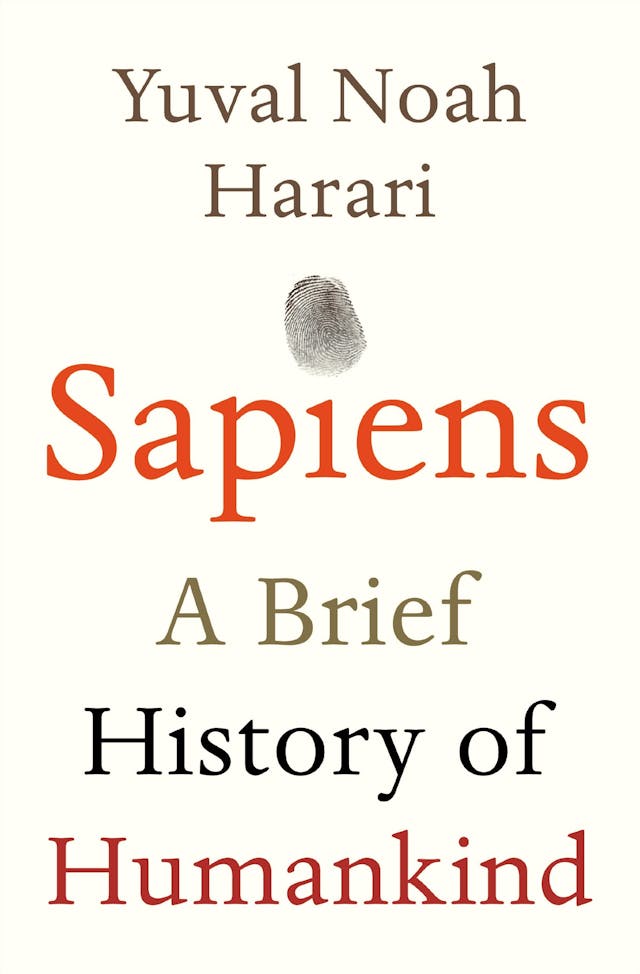Guns, Germs, and Steel: The Fates of Human Societies Summary
Key Takeaways
- Geographic and environmental factors play a crucial role in shaping the destinies of human societies.
- The development of agriculture is perhaps the most significant catalyst for the development of complex societies.
- Differences in power and technology across societies stem largely from environmental variations and not from intellectual differences between races.
- The domestication of plants and animals led to the food surpluses that enabled the population and technological booms in certain parts of the world.
- Understanding the historical impact of environment and geography can help address global inequalities.
🌿 ReflectBay
Overthinking again?
You're not too much. You're just overwhelmed and it's okay. We help you untangle the noise and feel calmer.
We'll help you...
Summary
Jared Diamond’s 'Guns, Germs, and Steel' investigates how environmental factors have influenced the broad patterns of human history. He argues that the natural resources available to a society, not racial genetics, have determined its stability, technological development, and ability to conquer.
Diamond provides a wide-ranging overview of human history through the lens of geography and ecology, explaining why some societies developed complex systems and conquered others. The book covers topics such as the domestication of animals, the spread of agriculture, and the transmission of diseases across continents.
The narrative weaves together the impact of steel, germs, and guns as the major agents that allowed some societies to dominate others. Diamond’s work challenges the notion that European hegemony is due to cultural or genetic superiority, focusing instead on advantages from geographic luck.
‘Guns, Germs, and Steel’ is a transformative book that reshapes our understanding of society’s development and current global structures, advocating for a reconsideration of how we view cultural and racial histories.
Also recommended

Sapiens: A Brief History of Humankind
Yuval Noah Harari
A Short History of Nearly Everything
Bill Bryson
